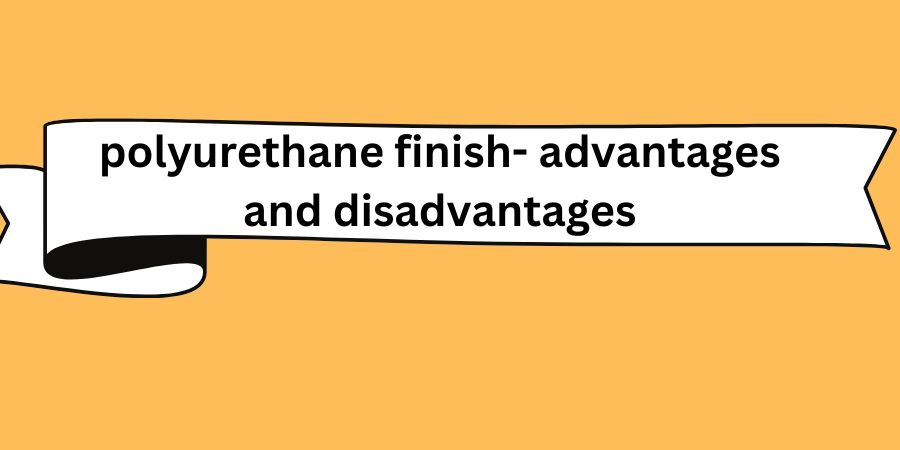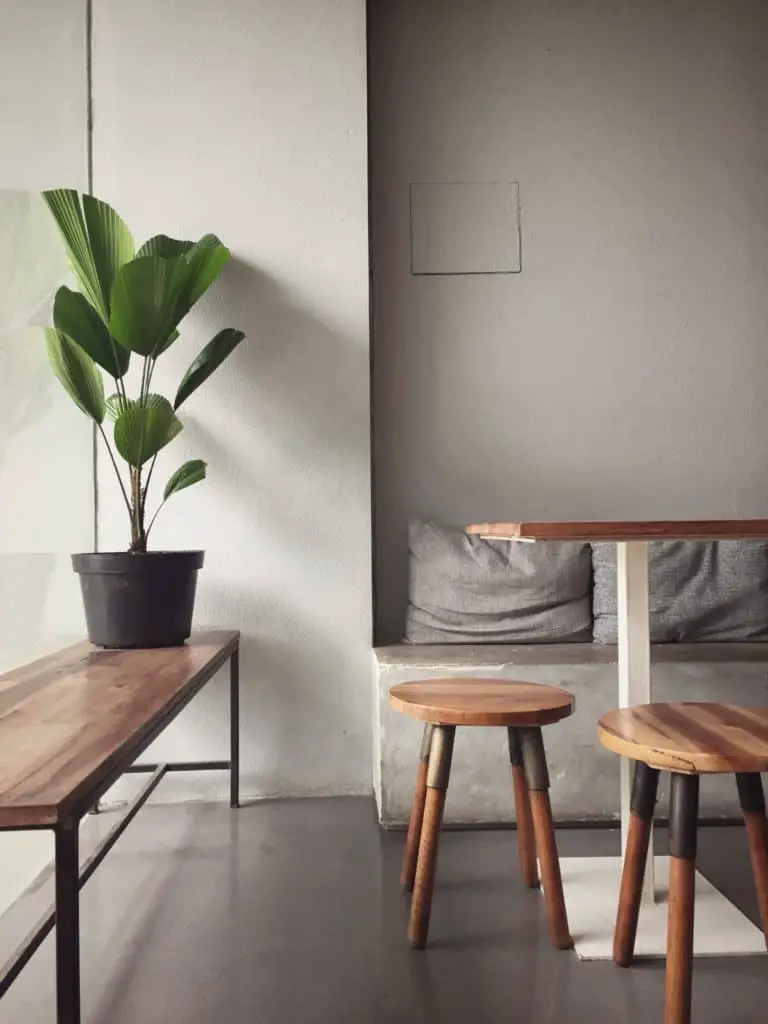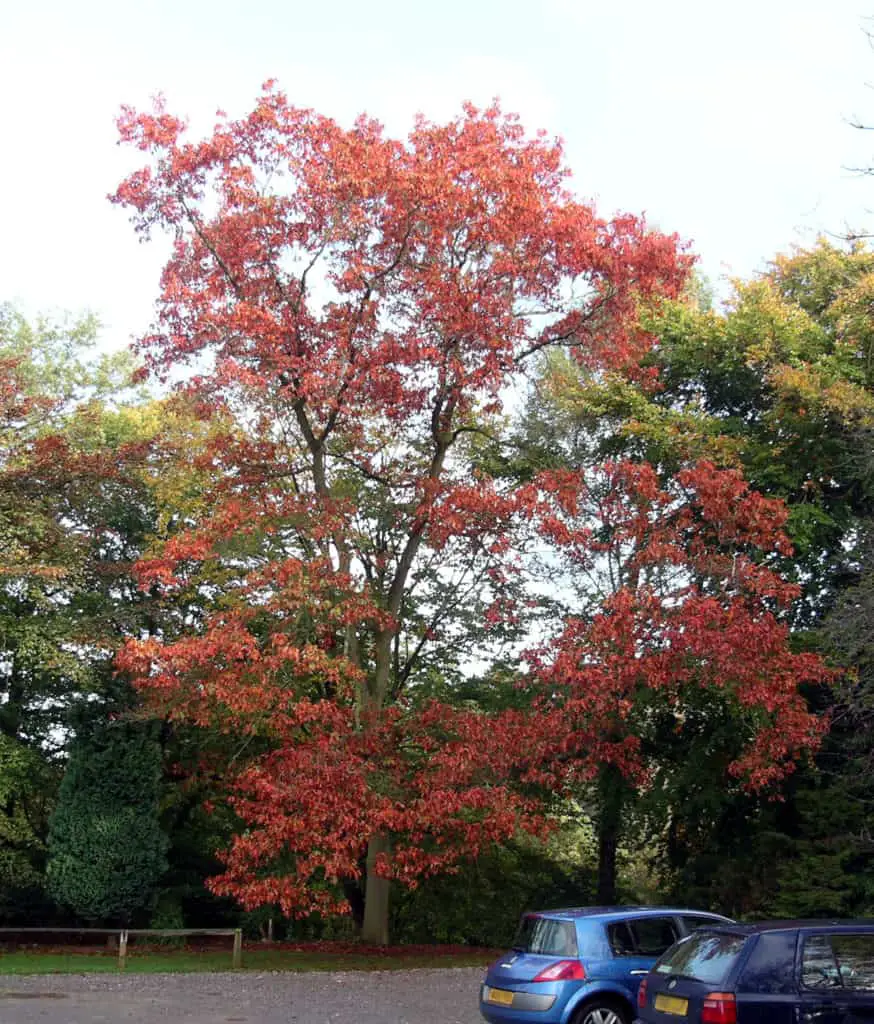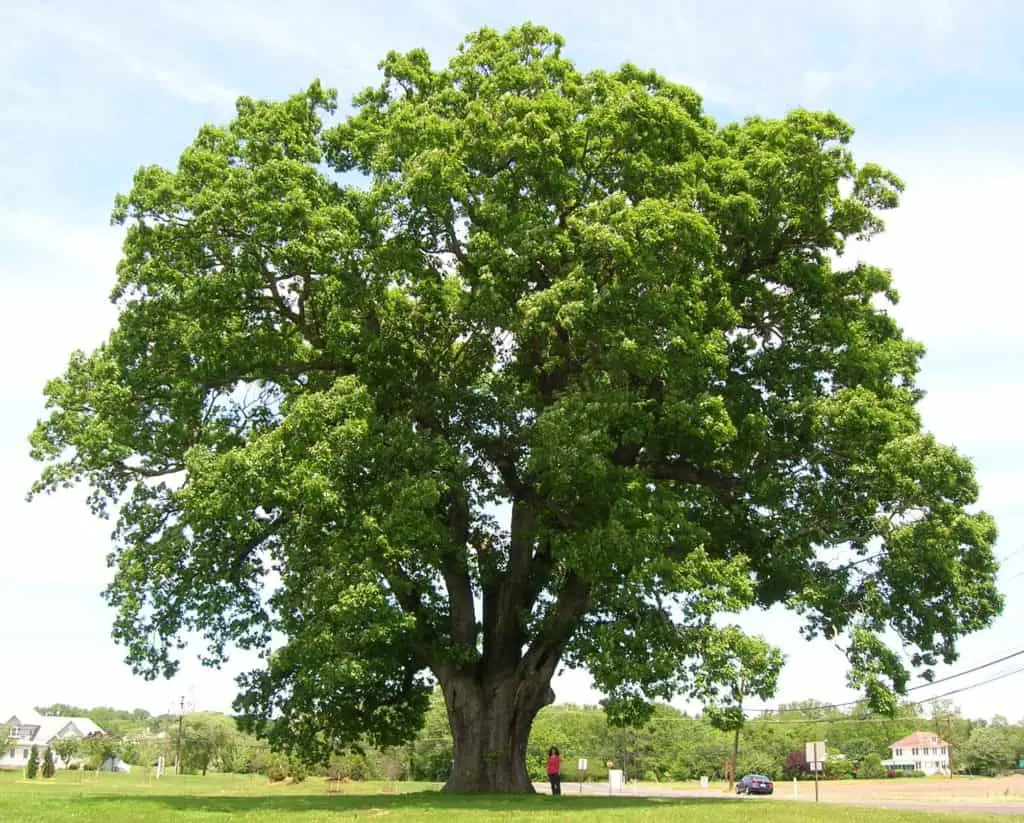Polyurethane finish is a popular choice for protecting and enhancing the appearance of wood, metal, and other surfaces. While there are many advantages to using this type of finish, there are also some disadvantages that should be considered before deciding to use it.
In this article, we’ll explore the 10 main advantages and disadvantages of polyurethane finish, so that you can make an informed decision about whether it’s the right choice for your project.
Advantages:
Durability:
Polyurethane is a durable finish that can withstand a lot of wear and tear, which makes it ideal for use on high-traffic surfaces.
So, if you want a finish that will last a long time and hold up well under heavy use, polyurethane could be a good choice for you.
Water resistance:
Polyurethane is highly water-resistant, which means it can help protect your wood or other materials from water damage.
If you live in a damp or humid environment, or if you’re using the finish in a room where there’s likely to be a lot of moisture (like a bathroom or kitchen), polyurethane could be a smart choice.
Chemical resistance:
Polyurethane is resistant to many different types of chemicals, which can make it a good choice for use in industrial or laboratory settings where there might be a lot of chemical exposure.
If you’re looking for a finish that can withstand exposure to solvents, acids, and other harsh chemicals, polyurethane could be a great option.
UV resistance:
Polyurethane is resistant to UV light, which means it won’t fade or yellow over time when exposed to sunlight.
This makes it a great choice for outdoor applications, like on decks or other exterior surfaces that will be exposed to the elements.
Easy to apply:
Polyurethane is relatively easy to apply, whether you’re using a brush or a spray gun.
This makes it a great option for DIY projects, as well as for professional applications where time is of the essence.
High gloss finish:
Polyurethane can create a high-gloss finish that looks great on many different types of surfaces.
So, if you want a finish that’s going to give your wood or other materials a polished, professional look, polyurethane could be a great choice.
Scratch resistance: Polyurethane is highly scratch-resistant, which means it can help protect your surfaces from damage caused by everyday use.
If you have pets, children, or other factors that could cause scratches or other damage, polyurethane could be a good option.
Low odor:
Polyurethane has a relatively low odor compared to some other types of finishes, which can make it a more pleasant option to work with.
Fast drying time:
Polyurethane dries relatively quickly, which means you can apply multiple coats in a single day if needed. This can be a big time-saver, especially if you’re working on a large project.
Versatility:
Polyurethane can be used on many different types of surfaces, including wood, metal, plastic, and more. This makes it a versatile option that can be used in a wide variety of applications.
Disadvantages:
Difficult to repair: Polyurethane can be difficult to repair if it becomes damaged or scratched. This means you may need to strip and refinish the entire surface if you want to fix a small area.
Toxic fumes: While polyurethane has a relatively low odor compared to some other finishes, it still gives off toxic fumes while it’s curing. So, you’ll need to make sure you’re working in a well-ventilated area and taking appropriate safety precautions.
Can yellow over time: While polyurethane is resistant to UV light, it can still yellow over time, especially if it’s exposed to a lot of sunlight. This can be a problem if you’re looking for a finish that will stay clear and bright over the long term.
Can be difficult to apply evenly: Polyurethane can be difficult to apply evenly, especially if you’re using a brush. It’s important to use a high-quality brush and take your time when applying the finish to ensure that it goes on smoothly and evenly.
Requires multiple coats: Polyurethane typically requires multiple coats to achieve a durable finish, which can be time-consuming and may require multiple days of work.
Can be expensive: Polyurethane is typically more expensive than some other types of finishes, which could be a consideration if you’re working on a tight budget.
Can be slippery: Polyurethane can be slippery when wet, which could be a safety concern if you’re using it on a surface that people will be walking on.
Can crack or peel: If polyurethane isn’t applied correctly, or if the surface underneath the finish isn’t properly prepared, it can crack or peel over time.
Can change the appearance of the wood: Polyurethane can darken the appearance of wood, which could be a consideration if you’re looking for a finish that will preserve the natural color of the wood.
Can be difficult to remove: If you decide that you want to remove polyurethane from a surface, it can be a difficult and time-consuming process. You’ll likely need to use chemicals and sanding to fully remove the finish.





